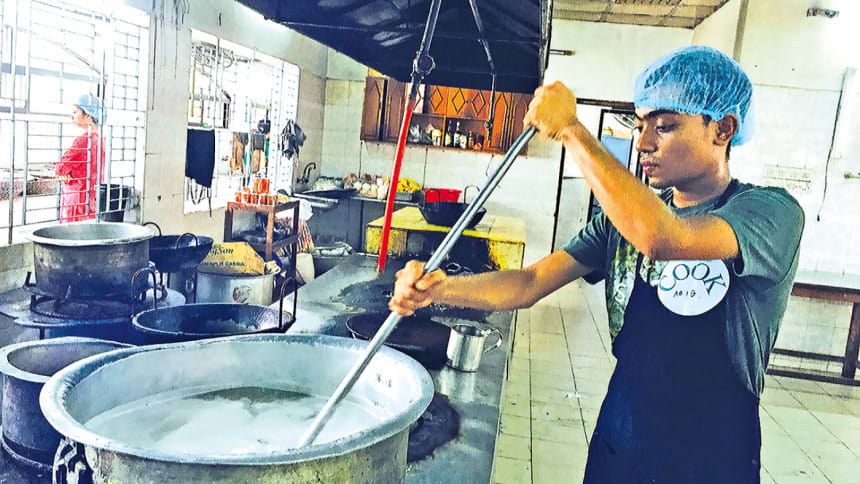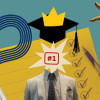BRAC University’s SLL: Experiential learning at its finest

Established in 2001, BRAC University (BRACU) is now one of the leading private universities in the country. The university has four schools, three institutions and seven departments. Currently, the university operates 32 academic programs of which, 16 are undergraduate and the rest are postgraduate programs.
One of the things that separates BRACU from other private universities is its Residential Semester (RS), which takes place at the university's residential campus located in Savar.
Away from the hassles of this megacity, the RS program is compulsory for every undergraduate student at the university. The students have to spend three months at the residential campus. The RS curriculum is specially designed to develop the students' leadership skills, to help them understand what it's like to live away from their families, and most importantly, to cultivate their interpersonal abilities that will allow them to grow up as responsible citizens.
The RS offers a variety of programs and activities, much of which, are mandatory for the students to take part in. But perhaps the most intriguing and influential one from the list, is the Social Learning Lab (SLL).
The SLL program is experiential learning at its best. It is an exercise where the students attending the RS are tasked with the duties of the staff, who work relentlessly behind the scenes at the residential campus. The students put themselves in the shoes of these staff members for a day and experience life from their point of view.
From running the entire residential campus as the Campus Superintendent, or managing resources and purchases as the accountant, to ensuring that the entire campus is neat and tidy by taking on the role of a cleaner, the responsibilities the students are tasked with vary greatly. Some will have to cut the grass, some get to wash bed sheets at the laundry and some take on the responsibility of preparing lunch as cooks.
Early in the morning on the day of the exercise, the students are briefed on their tasks for the day from the supervisors or the staff members themselves. Then, they get to work, as faculty members monitor them. They are all on the clock as each work has to be finished in due time.
Most of the students take on these roles without prior experience. The guy trying to cook a meal, most likely never went near a kitchen. The ones assigned to maintain the cleanliness of the campus have perhaps never held brooms. Even if they did, they did so for themselves at home and not for such a large group of people or at such a large area. But that's the point of this program. These students will not be judged on how good the meal is or how clean the fields look. They are observed by the faculty members to see the efforts they put in and the dedication they show. After all, the biggest and most important takeaway from this is not only the fun and experience, but also the lesson of empathy.
The SLL program helps students to understand that no job is easy to do. In spite of being told so over the years, having experienced how difficult such jobs can be, students will be able to relate to the hard labour and pain the staff have to go through just to make sure that everything functions in a proper and timely manner. It can be easily assumed that these students will think twice before looking down upon any profession.
Overall, BRACU's effort to deliver the valuable lesson of empathy to its pupils is quite admirable. It is hoped that this program will allow these young souls to have a better understanding of the people around them. Such experiential programs can be undertaken in many other fields of our education which will surely have a huge impact the way we learn.

 For all latest news, follow The Daily Star's Google News channel.
For all latest news, follow The Daily Star's Google News channel. 









Comments